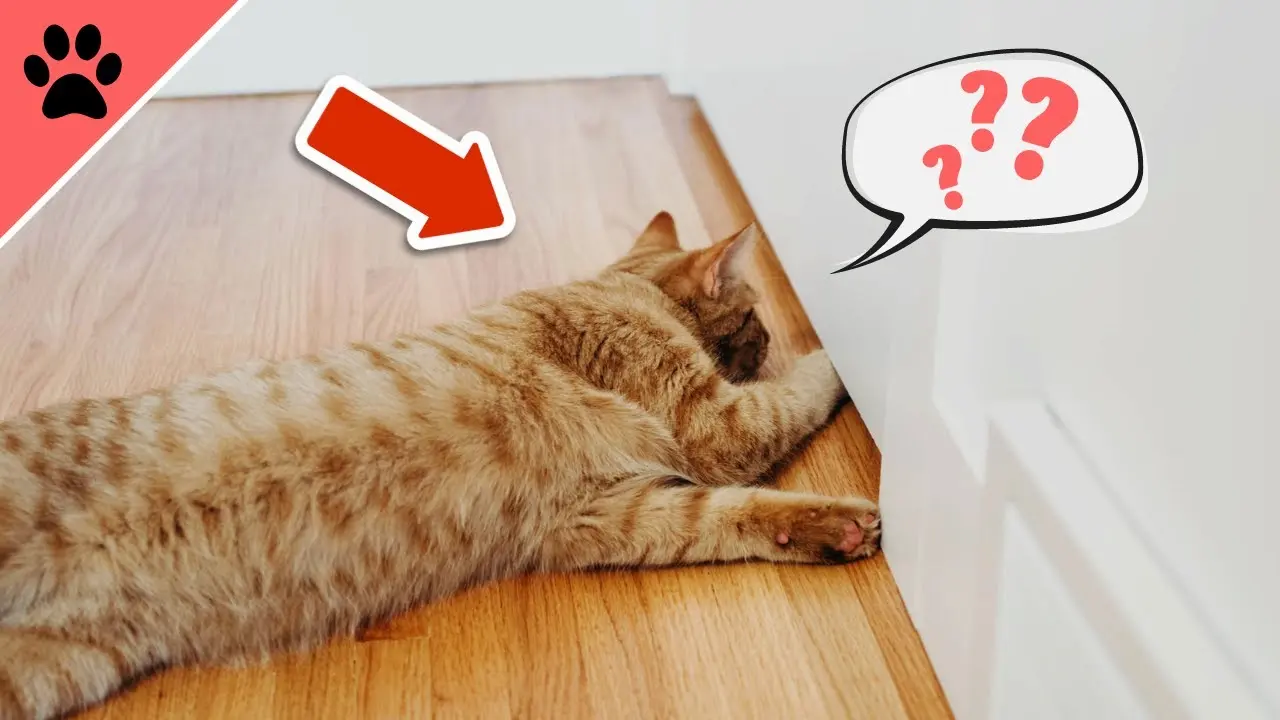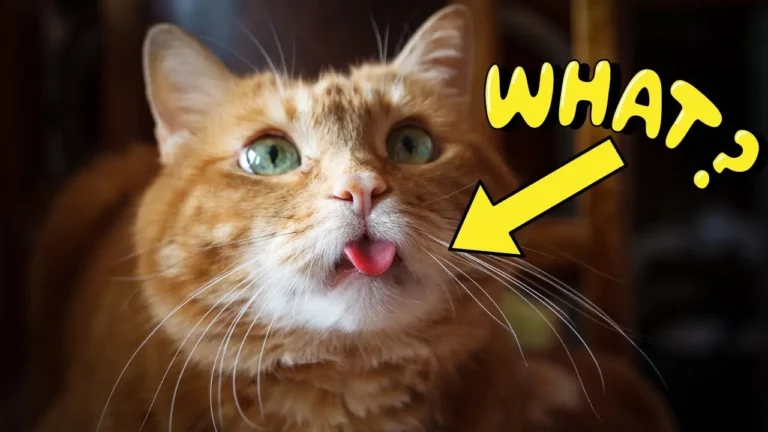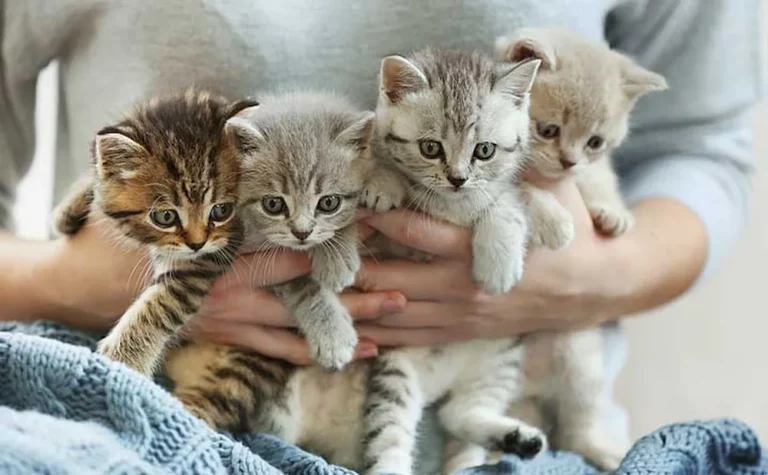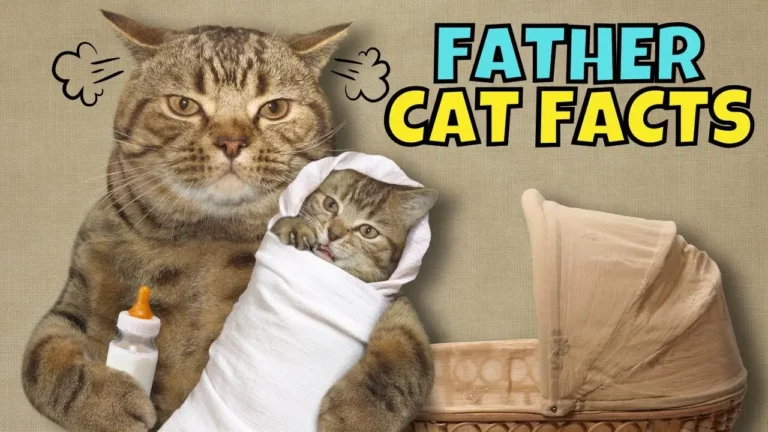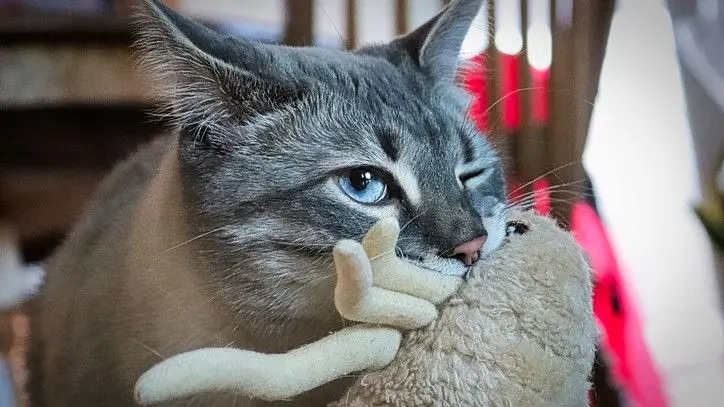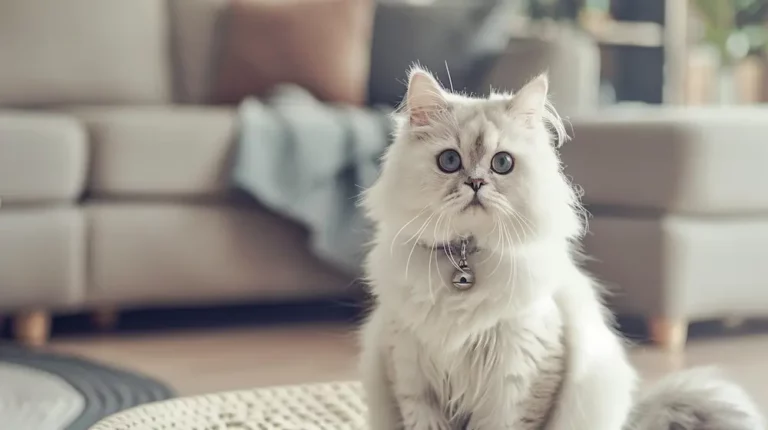Why Does Your Cat Hates Closed Doors? This Answer Will Surprise You!
Have you ever wondered why your
It’s not just stubbornness or a quirky habit; there’s actually a surprising reason behind this behavior that ties back to your
This mystery touches on everything from their territorial nature to their curiosity and even their fear of missing out.
You might be shocked to learn how these factors impact your
So, what’s really going on behind that closed door?
Territorial Instincts
Cats often dislike closed doors because their territorial instincts drive them to monitor and control their environment. When a door is closed, your
This desire to oversee their territory is deeply ingrained in their behavior.
Your
You may notice your
This behavior isn’t just about wanting to be on the other side; it’s about maintaining a sense of ownership and vigilance.
By opening the door, you’re allowing your
In the wild, cats are solitary hunters who need to be aware of their environment to avoid predators and protect their resources. This instinct hasn’t disappeared just because your
By removing barriers like closed doors, you help your
Curiosity and Exploration
Beyond territorial instincts, your
When a door is closed, it becomes a tantalizing mystery, sparking their interest even more.
They want to know what’s happening on the other side and if there’s something they might be missing out on.
Your
Closed doors hinder their ability to do this, causing frustration. Imagine being in a house where you’re suddenly restricted from accessing certain areas; it would likely pique your curiosity too.
This same principle applies to your furry companion.
Additionally, cats have a strong sense of territory, and they like to keep tabs on their domain.
When you close a door, it interrupts their routine patrols, making them feel uneasy. By opening doors, you allow your
Social Attachment
Your
Cats are often perceived as independent creatures, but they can form deep bonds with their human pals.
When you close a door, your
This behavior is a sign of their attachment and desire to be near you, even if they’re just lounging on the other side of the room.
Cats thrive on camaraderie and routine.
When a door shuts you off from them, it disrupts their sense of security.
They might scratch, meow, or paw at the door, all clear indicators they’re trying to re-establish that connection.
Your presence is a source of comfort for your
Moreover, cats are territorial animals. Your living space is part of their territory, and they want to have access to all parts of it.
A closed door can feel like an infringement on their domain, adding to their frustration.
Fear of Missing Out
While their social attachment explains much of their behavior, another significant factor is their fear of missing out on what’s happening behind the closed door.
Cats are naturally curious creatures. They want to know everything that’s going on around them, and a closed door presents a barrier to their sense of control and surveillance.
This fear of missing out, or FOMO, drives them to meow, scratch, and even paw at closed doors, trying to gain access to the restricted area.
You might notice that your
This agitation isn’t just about wanting to be with you; it’s also about wanting to be aware of their environment.
By keeping the door open, you allow your
Cats rely heavily on their senses to navigate their world. When a door is closed, it disrupts their sensory input, making them feel uneasy.
Opening the door allows them to use their keen hearing and sight to their full advantage, satisfying their need to stay informed and engaged.
Natural Hunting Behaviors
Cats’ natural hunting behaviors also play a significant role in their disdain for closed doors.
In the wild, cats are both predators and prey, constantly needing to be aware of their surroundings.
Open spaces allow them to monitor for threats and hunt efficiently. When you close a door, it disrupts their ability to survey their territory, making them feel vulnerable and stressed.
Your
A closed door blocks their access to potential hunting grounds and escape routes, which can be incredibly frustrating. They might scratch, meow, or paw at the door, trying to regain control over their environment.
Moreover, cats are creatures of habit and routine.
They prefer predictable environments where they can explore and patrol freely. When a door is closed, it introduces an element of unpredictability, which can be unsettling.
This disruption to their routine can make them anxious, reinforcing their negative reaction to closed doors.
Conclusion
By understanding your
Keep doors open to let your beloved pet explore and feel secure. This simple change can greatly reduce their stress and enhance their happiness.
Remember, a content
So, consider their needs and enjoy a harmonious living space together.
